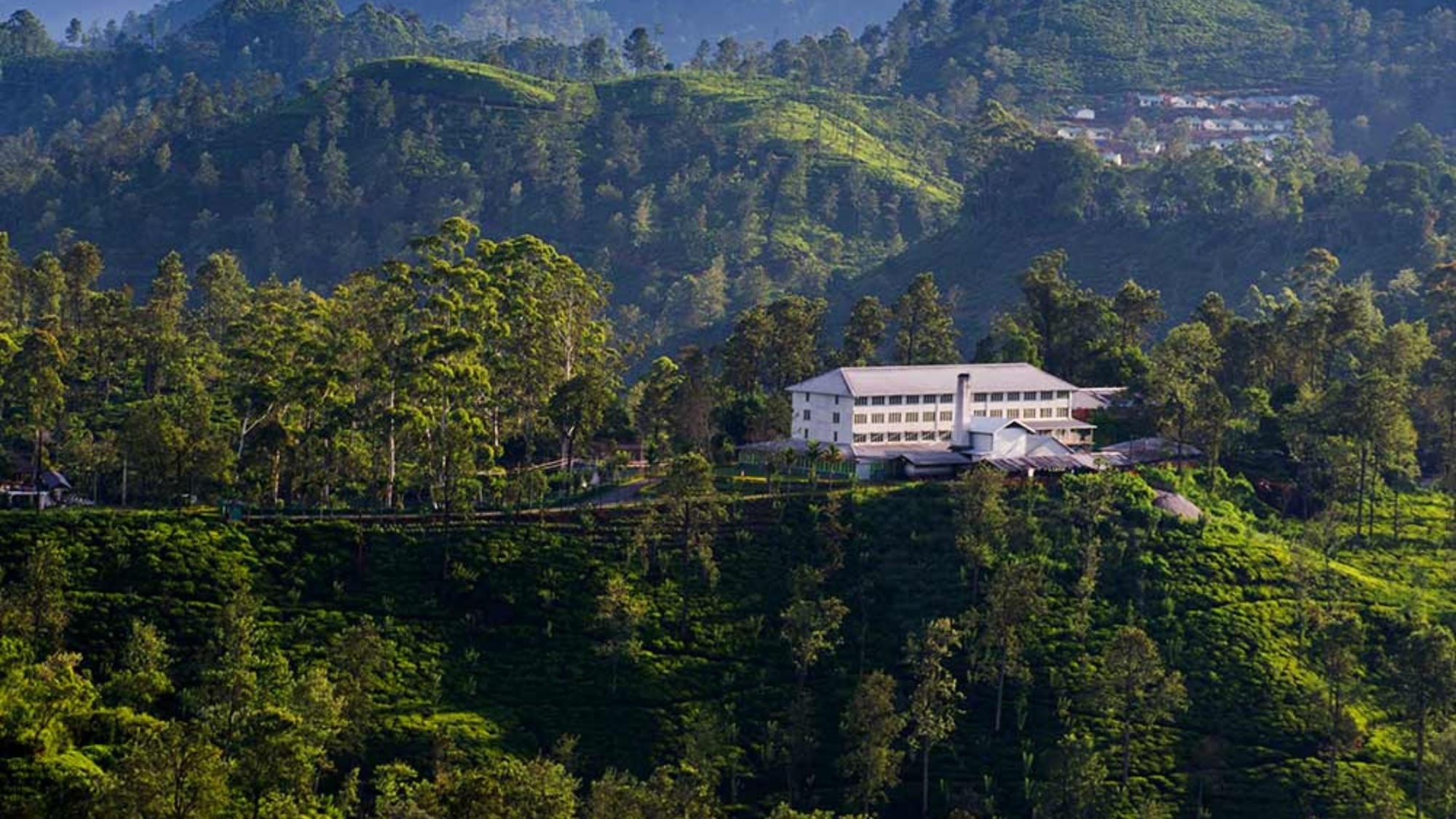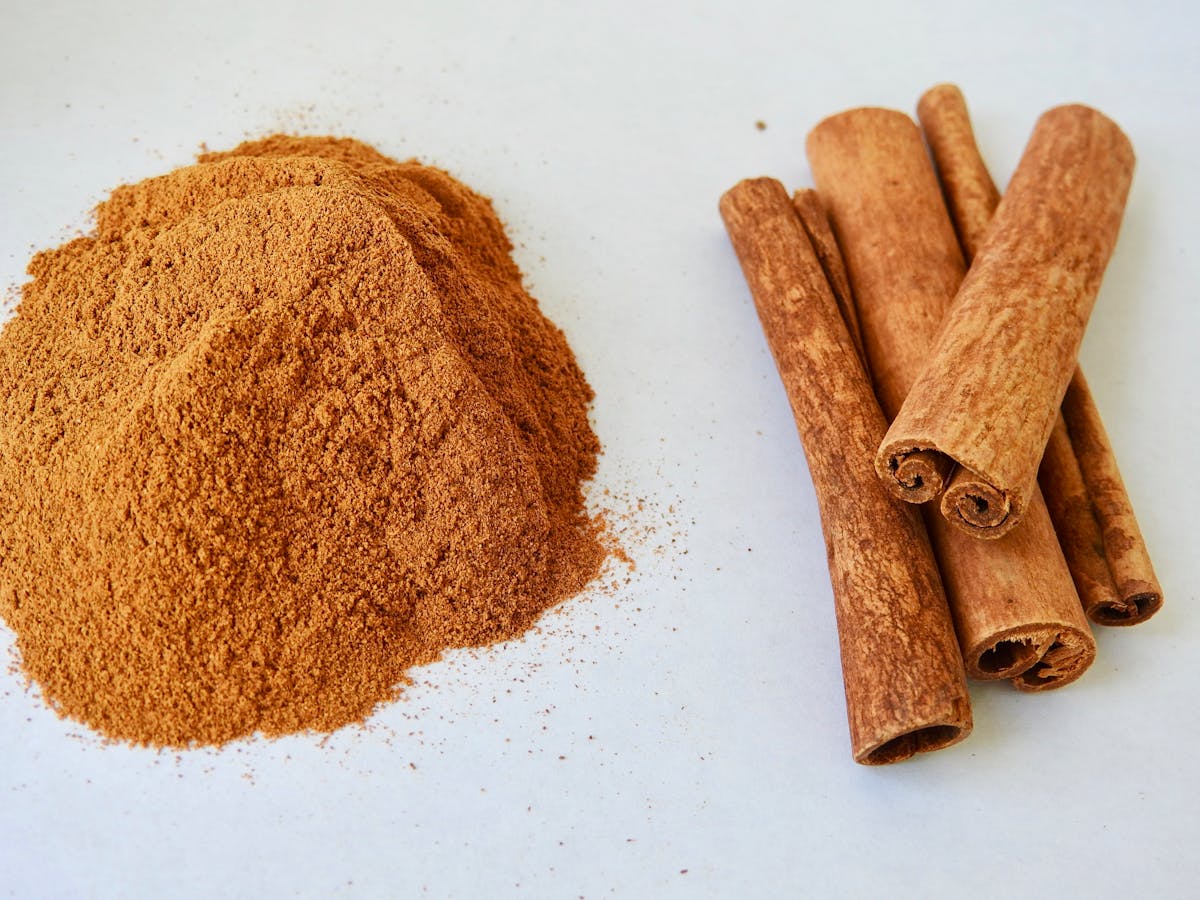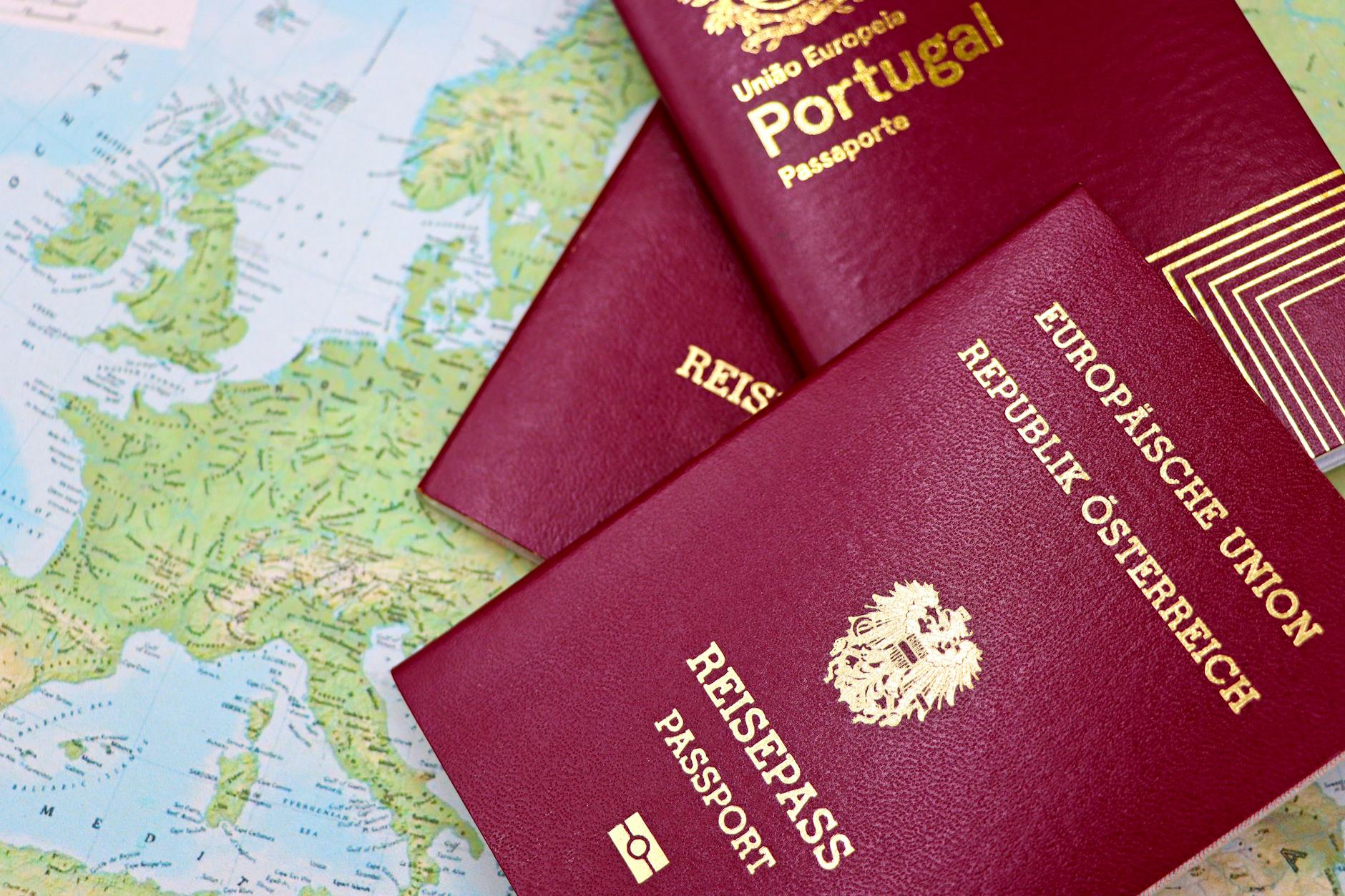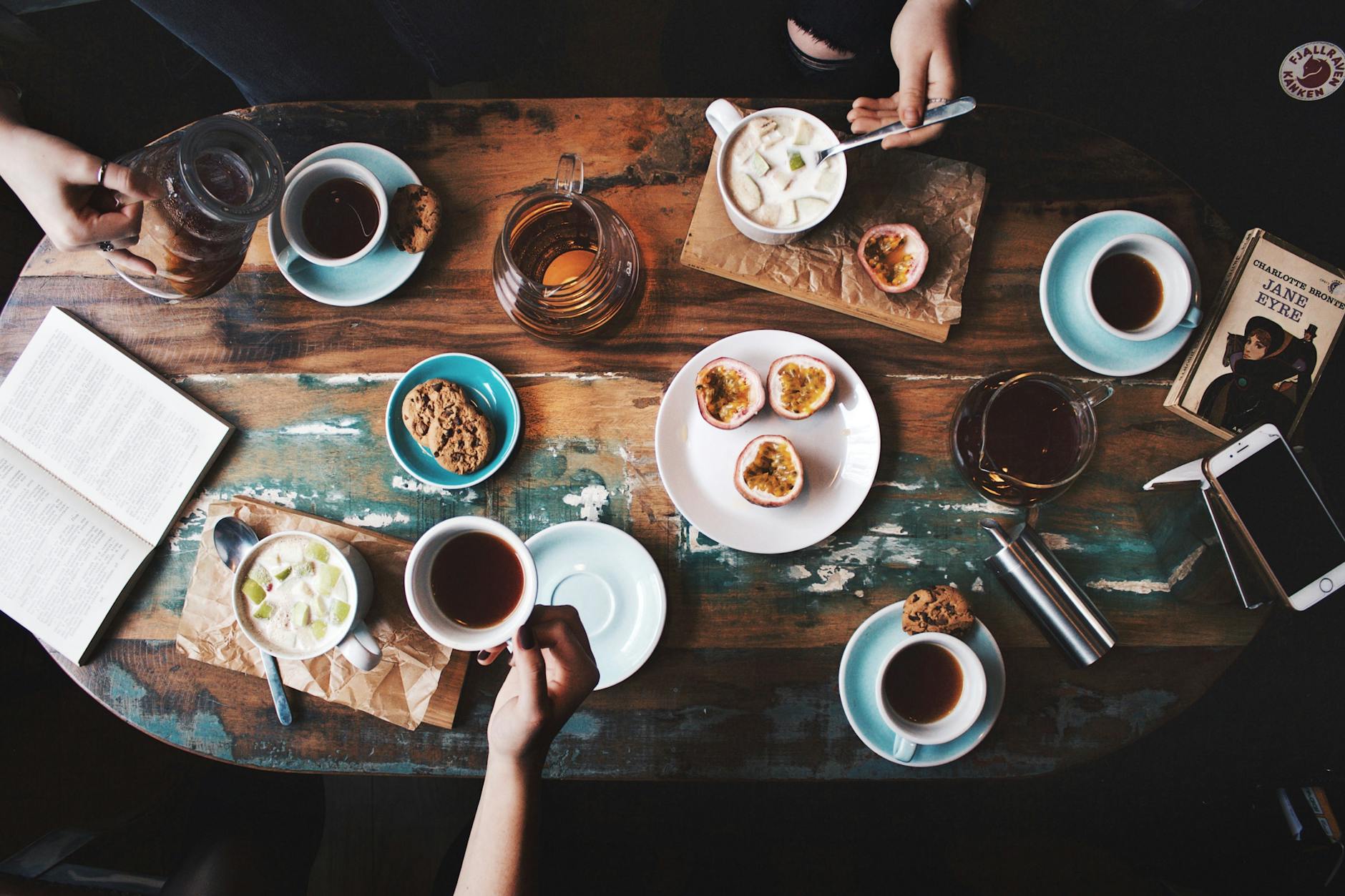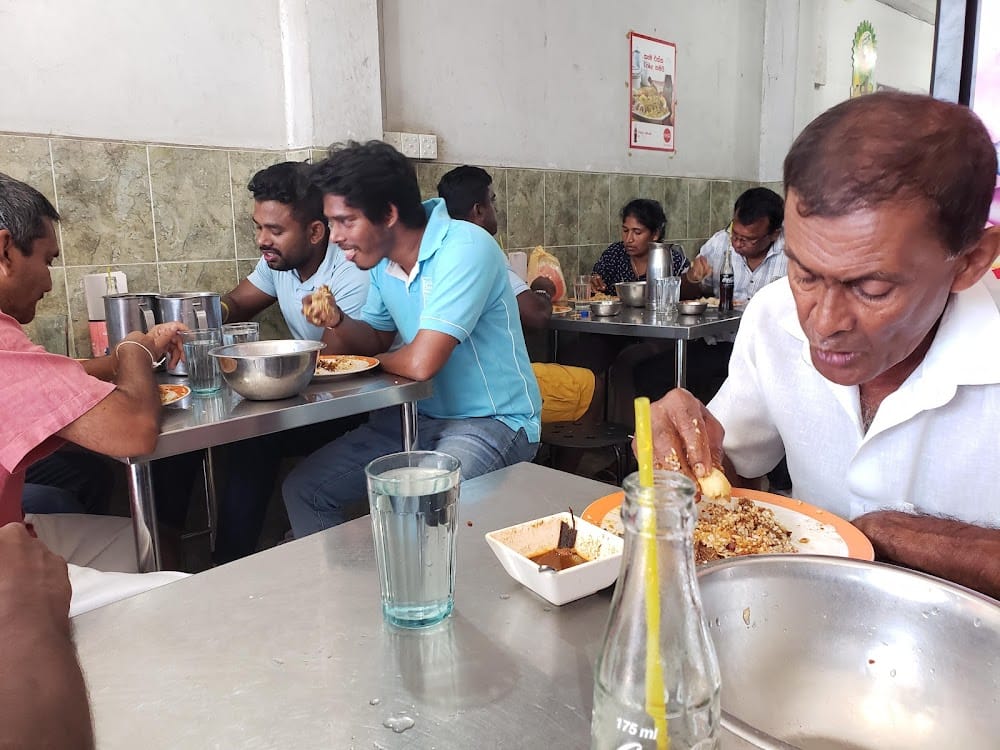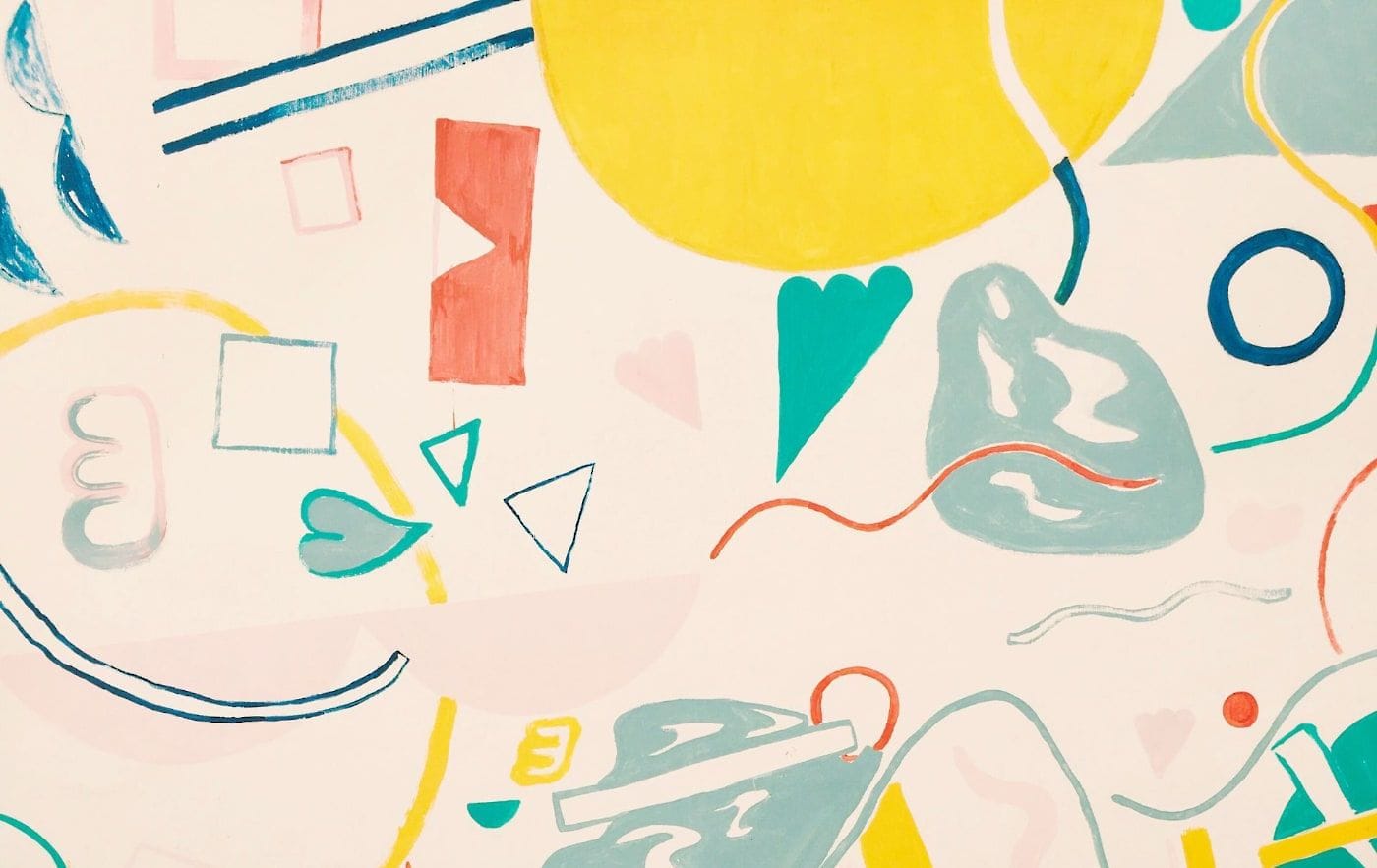The Secret That Most Travelers Never Discover
Picture this.
You're standing on a hill surrounded by mist. It's cold. Fresh. Nigh on Continental.
You're not in Switzerland, though.
You're in Sri Lanka. And you've just discovered one of the world's greatest travel secrets.
Most tourists rush to the beaches. They take pictures in front of ancient temples. Some go to the wildlife safaris.
They're missing everything.
For in Sri Lanka's misty highlands an experience so enchanted, so unspoiled by commercial tourism, that it is hidden away from those who discover it.
Tea country.
Here's What Really Happened in 1867
Scottish planter James Taylor was desperate.
Coffee blight had destroyed plantations across Ceylon. Overnight fortunes were lost. The British colonial economy was collapsing.
Taylor planted tea instead.
That one choice built an empire. Ceylon Tea was the gold standard. Sri Lanka became one of the world's top tea exporters.
But here's the part that the history books leave out.
Those early plantations did more than just generate export dollars. They built something more valuable than export income. They built a culture. A lifestyle locked in time.
Colonial bungalows still dominate hillside lands. Railways still make their serpentine way through emerald valleys. Hill stations still reverberate with the whispers of the past.
And you can enjoy it all.
Why Nuwara Eliya Changes Everything
They call it "Little England."
Step down from the train and you'll see why immediately.
Rose gardens. Colonial-style buildings. Golf links any Scot would be proud to call his own.
The temperature drops to 10°C on winter nights. Sweaters are essential. In tropical Sri Lanka.
But here's the magic, really.
Go to Pedro Tea Estate early in the morning. See the mist rise over rolling fields of green. Breathe air so clean it harmonizes your lungs.
The guided tours unveil secrets from generation to generation. How a leaf goes from bush to cup. Why Ceylon Tea is a taste that differs from the rest.
Stay in an old planter's bungalow. Light a fire as the evening mist rolls in. Drink tea by candlelight as the world dissolves outside your window.
This is not travel. It is a journey through time.
The Train Ride That Stopped the World
Kandy to Ella.
Travel writers call it the most breathtaking train ride on earth.
They're not exaggerating.
For four hours, your window is a living picture. Tea plantations cascade down mountain slopes. Waterfalls appear out of nothingness. Tunnels bore through mountain centers.
Local children wave from plantation roads. Workers bear impossible loads with impossible poise.
You'll understand why travelers book this journey years in advance.
Here's what they don't tell you about Ella.
Ella: Where Adventure Meets Serenity
Most travelers overnight in Ella.
That's their initial mistake.
This mountain town is a week's worth. Perhaps two.
Clamber up Little Adam's Peak through working tea plantations. With every step, new scenery. New photo opportunities that have your friends asking what's real.
Visit Halpewatte Tea Factory. The tea is so fresh it's still warm from processing.
But the biggest secret?
The homestays.
Local families open up plantation homes to travelers. You're not a visitor. You're family for a little while.
Wake to mist-shrouded valleys. Sleep to the sound of tea pluckers walking home.
This is how traveling used to be. Before hotels. Before tourists. Before it all became so routine.
The Place That Tourism Forgot
Haputale sits on a ridge above the world.
No crowds. No tour buses. Only stunning scenery and real encounters.
Sir Thomas Lipton built his tea empire from here. His factory, which was his first one, is still going strong. Dambatenne Tea Factory tours are stepping back into the past.
But the real jewel is Lipton's Seat.
A lookout point where the tea mogul used to oversee his empire. On a clear day, you can see both coasts of Sri Lanka.
It's a one-hour trek on working tea estates. Leaves are still hand-picked by workers. Just the way they did 150 years ago.
At the top, you'll understand why Lipton chose this spot.
And why smart visitors choose Haputale over more popular destinations.
What This Actually Costs You
Let's get down to earth regarding money.
Sri Lanka's tea estates aren't cheap to be. Quality costs.
But consider this.
A bungalow made out of a former tea plantation is cheaper than a regular London hotel room. The train journey that rivals Switzerland's scenery costs under $2.
Fresh Ceylon Tea straight from the source? Pennies compared with home costs.
The real price is time. You'll have to spend more of it.
The average tourist stays 2-3 days in tea country. That's barely enough to scratch the surface.
Plan for at least a week. Two weeks if you really want to get to know this country.
We're not joking. You'll thank us later.
When to Take This Trip
Timing is of the essence.
January to April offers crisp mountain vistas. Hiking weather is ideal. Weather for train photography is ideal.
Southern highlands like Haputale are best during December to March.
Avoid October and November at all costs. Monsoon fogs veil those famed views you traveled far to see.
But here's what weather forecasts won't say.
Even the rainy season has its magic. Mist-covered plantations create misty magic. Fewer visitors mean real experiences.
Just escape with the right gear.
The Mistakes Everyone Makes
Don't rent a car and drive. These mountain roads require local expertise. Professional drivers know every bend, every risk, every secret view.
The train has better views anyway.
Don't pack summer clothes alone. Mountain temperatures drop after dark. Pack layers. Pack thick coats.
Don't rush from spot to spot. Tea country is to be savored slowly. Deep exploration. Time to take a breath.
Don't skip the factory tours. They elevate your love of tea from commodity to art.
Don't leave your camera behind. But don't forget to put it down every now and then.
The Truth About Tea Country
The tea plantations of Sri Lanka are not a tourist destination like any other.
They are a doorway to an age long past. A means to experience travel as it was.
Yes. Simple. Life-altering.
The mist that rolls in over these hills has stories. Of Scottish planters and Tamil workers. Of British empires and sovereign states. Of customs kept alive despite all.
You don't visit tea country.
You become part of its history.
Every cup of Ceylon Tea that you have thereafter will welcome you back. To misty mornings and mountain trains. To bungalow life on the plantation and the factory tour.
To the day you discovered Sri Lanka's best kept secret.
The only question left is simple.
When are you going?


